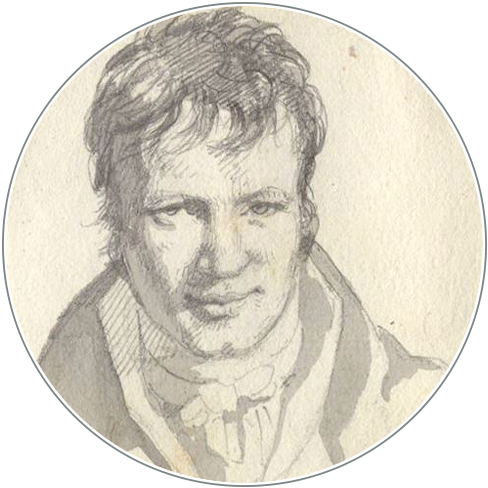Alexander von Humboldt and the Beginning of the Environmental Movement
DOI:
https://doi.org/10.18443/15Keywords:
Jean-Baptiste Boussingault, Klimaveränderung, VenezuelaAbstract
Abstract
In the middle of the 19th century the question whether expanding civilization and industrialization had an effect on climate was discussed intensely worldwide. It was feared that increasing deforestation would lead to continuous decrease in rainfall. This first scientific discussion about climate change as the result of human intervention was strongly influenced by the research Alexander von Humboldt and Jean-Baptiste Boussingault had undertaken when they investigated the falling water levels of Lake Valencia in Venezuela. This essay aims to clarify the question whether Alexander von Humboldt can be counted among the leading figures of modern environmentalism on account of this research as is being claimed by Richard H. Grove in his influential book Green Imperialism. Colonial Expansion, Tropical Island Edens and Origins of Environmentalism, 1600-1860 (1995).
Zusammenfassung
In der Mitte des 19. Jahrhunderts entstand eine intensive weltweite Diskussion, ob die sich immer weiter ausbreitende Zivilisation einen Einfluß auf das Klima hat. Es wurde befürchtet, daß die zunehmende Entwaldung zu einer kontinuierlichen Abnahme der Niederschlagsmenge führt. Diese erste wissenschaftliche Diskussion um eine anthropogone Klimakatastrophe wurde entscheidend durch die Forschungen von Alexander von Humboldt und Jean-Baptiste Boussingault beeinflußt, die die beiden Wissenschaftler am See von Valencia unternommen hatten. Der Beitrag versucht die Frage zu klären, ob Alexander von Humboldt auf Grund dieser Forschungen zu den führenden Köpfen der modernen Umweltbewegung gezählt werden kann, wie dies in dem einflußreichen Buch von Richard H. Grove Green Imperialism. Colonial Expansion, Tropical Island Edens and Origins of Environmentalism, 1600-1860 (1995) behauptet wird.
Published
How to Cite
Issue
Section
License
Copyright (c) 2001 Engelhard Weigl

This work is licensed under a Creative Commons Attribution-NonCommercial 4.0 International License.
HiN operates under a Creative Commons-Licence (CC BY-NC 4.0), which permits the reproduction of articles, free of charge, for non-commercial use only and with the appropriate citation information. All authors publishing with HiN accept these terms of publication.
Authors retain the copyright for their articles and reviews. Copyright of the layout and design of HiN articles remains with the journal and cannot be used in other publications.









